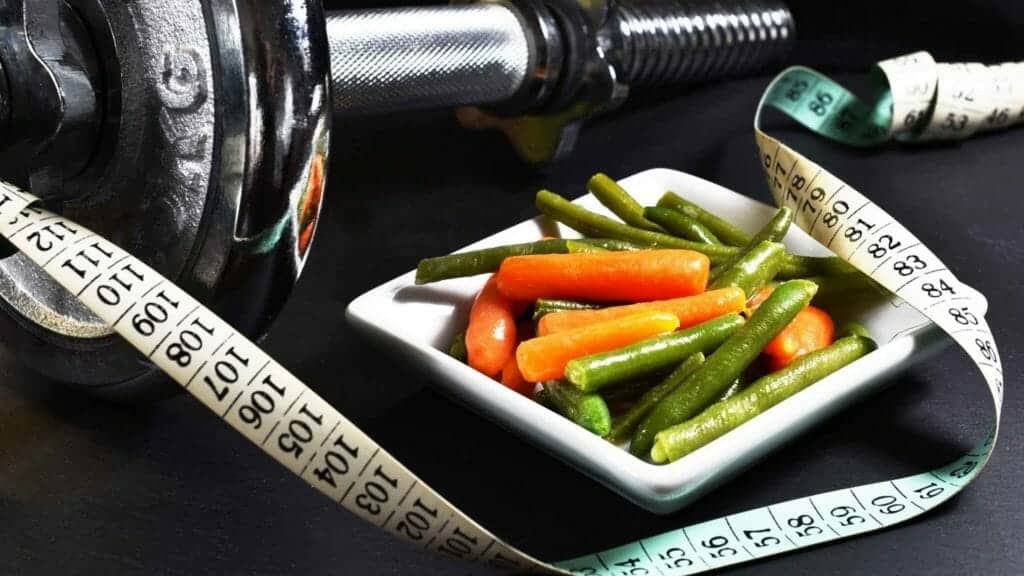Losing weight sounds simple in theory—burn more calories than you consume. But in practice, changing eating habits and consistently staying active is often a major challenge. With countless dieting options and trends competing for attention, figuring out what works best can feel confusing and overwhelming.
Dr. Preeti Gupta of Bayhealth Family Medicine in Milford regularly helps patients navigate their weight loss journeys. She emphasizes that while diets can be effective, sustainable weight loss requires a lifestyle change tailored to the individual.

Popular Diet Plans Explained by a Medical Expert
The Paleo Diet – Going Back to the Basics
Often referred to as the “caveman diet,” the Paleo approach emphasizes whole foods such as meat, fish, fresh vegetables, and fruits. It eliminates processed foods, grains, legumes, and dairy.
“This is essentially a high-protein, low-carb diet,” says Dr. Gupta. “It’s great for initial weight loss, but patients with kidney, liver, or heart issues should consult their doctor first.”
Paleo can accelerate weight loss, especially in the short term. However, its restrictive nature makes it hard to follow long-term unless you’re fully committed.
“You can’t go halfway with Paleo,” says Dr. Gupta. “If you occasionally sneak in carbs, it defeats the purpose and hinders progress.”
Pros of the Paleo Diet:
-
Rapid initial weight loss
-
Eliminates processed and sugary foods
-
Encourages high intake of protein and fiber
Cons:
-
Can be expensive and difficult to maintain
-
Potential nutritional deficiencies
-
May not be safe for those with certain chronic conditions
Vegan Diet – A Plant-Based Lifestyle Shift
A vegan diet eliminates all animal products, including meat, dairy, and eggs. While often associated with ethical and environmental reasons, it can also aid in weight loss.
“Veganism can help with moderate weight loss,” explains Dr. Gupta. “But many vegan foods are still high in calories and carbohydrates.”
For vegans, nutrient monitoring is essential—especially B12, iron, and protein. Dr. Gupta recommends supplements and meal planning to avoid deficiencies.
Pros of a Vegan Diet:
-
Rich in fiber and antioxidants
-
Promotes heart health
-
Can support gradual, healthy weight loss
Cons:
-
Risk of nutrient deficiencies (B12, Iron, Omega-3s)
-
May rely on processed vegan alternatives
-
Requires careful planning
Mediterranean Diet – The Gold Standard of Healthy Eating
Among the most doctor-recommended diets, the Mediterranean diet emphasizes whole grains, vegetables, fruits, lean proteins (especially fish), healthy fats like olive oil, and moderate wine consumption.
“This is the most balanced, sustainable diet I recommend—especially for patients with diabetes, high blood pressure, or heart conditions,” says Dr. Gupta.
Unlike restrictive plans, the Mediterranean diet is flexible, enjoyable, and backed by extensive scientific research.
Pros of the Mediterranean Diet:
-
Supports long-term weight maintenance
-
Reduces risk of heart disease and stroke
-
Rich in anti-inflammatory foods
Cons:
-
Weight loss may be slower compared to low-carb diets
-
Requires commitment to healthy cooking and food prep
Detox and Cleanse Diets – A Risky Shortcut
Juice cleanses and detox diets promise rapid weight loss, but they’re largely ineffective and potentially harmful. Dr. Gupta strongly advises against them.
“These diets are not healthy or sustainable,” she warns. “Even if you lose five pounds quickly, you’ll likely regain it just as fast.”
Rather than relying on quick fixes, long-term success comes from mindful eating and exercise. Detoxes often lead to fatigue, nutrient loss, and disordered eating patterns.
Risks of Detox Diets:
-
Muscle loss
-
Fatigue and dizziness
-
Nutrient deficiencies
-
Weight regain
The Importance of Sustainable Lifestyle Changes
Losing weight is not just about choosing the right diet—it’s about making long-lasting changes to your daily routine. Dr. Gupta encourages patients to set realistic goals and take small, consistent steps.
Practical Tips for Lasting Weight Loss
-
Track your meals: Use a food journal or app to stay accountable.
-
Hydration is key: Water supports metabolism and appetite control.
-
Move more: Incorporate physical activity you enjoy—walking, dancing, or yoga.
-
Sleep and stress: Prioritize rest and find healthy outlets for stress.
FAQs:
What is the best diet for weight loss?
The best diet is one that fits your lifestyle and health needs. For many, the Mediterranean diet offers a sustainable, balanced approach.
Can I lose weight on a vegan diet?
Yes, but it requires portion control and awareness of carbohydrate intake. It’s important to ensure you’re getting enough nutrients like B12.
Are detox or cleanse diets safe?
Most detox diets are not safe or effective. They may lead to short-term weight loss but often result in nutrient deficiencies and quick regain.
How quickly will I see results with Paleo?
Many people see rapid results in the first few weeks, but sticking with the Paleo diet long-term can be challenging.
Why is exercise important during dieting?
Exercise boosts metabolism, supports muscle retention, and enhances overall health, helping maintain weight loss.




